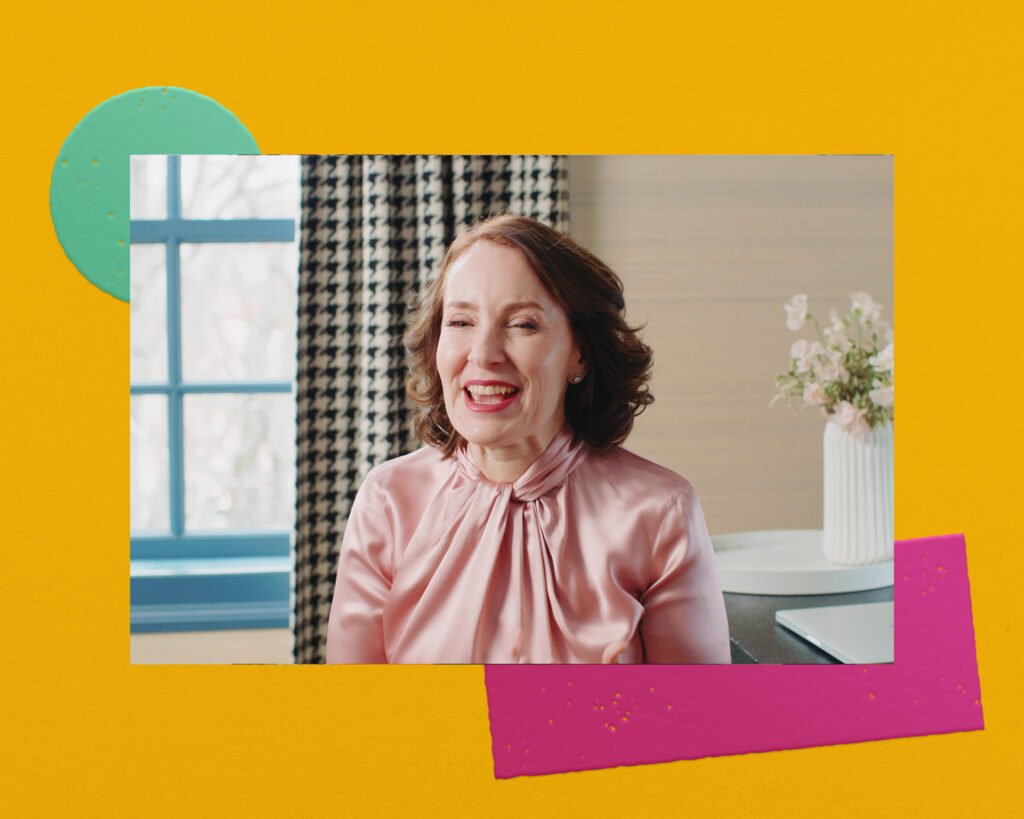The Nobel Prize-winning novelist William Faulkner once wrote, “The past is never dead. It’s not even past.”
For many of us, this quote has a frustrating ring of truth. Habits and narratives are replayed in different relationships and across different eras of our lives.
Sometimes the recurring patterns have always been destructive. Other times, they served us well when we were younger, but their purpose has expired.

Emotional agility allows us to move away from patterns that no longer serve us and toward new spaces of growth. The key is to be thoughtful about why we hold onto old habits and about why they no longer fit into our lives. Simply “banishing” problem behaviors outright often does not work.
Instead, take the time to notice and name these behaviors. Then you can make the choice to move beyond them.
Say you often respond harshly when your spouse or partner asks you to wash the dishes. Ask yourself:
- Why is it that this specific request is so irksome to you?
- Do you feel taken for granted in this relationship, or are you responding to the conditions of previous relationships?
- Are there ways that you could respond less emotionally?
- Could you ask your partner to phrase the request differently, or, if appropriate, to take on this task him or herself
As I discuss in Emotional Agility, we all enter the present marked by our past experiences, traumas, and problems, but looking at the world through the lens of our personal past can prevent us from seeing the situation accurately.
Pay attention to the patterns of behavior that you repeat without thinking about them; they could be signs that you’re not reacting to what’s happening now, but to the situations that shaped you in the past.
Your future is not limited by your past relationships and patterns. You own your story, it does not own you. And you can choose to write yourself a new story.
Decide to be curious and open-hearted, not rigidly attached to the way you’ve always done things. When something bothers you, be inquisitive enough to wonder why.






 Take the Quiz
Take the Quiz